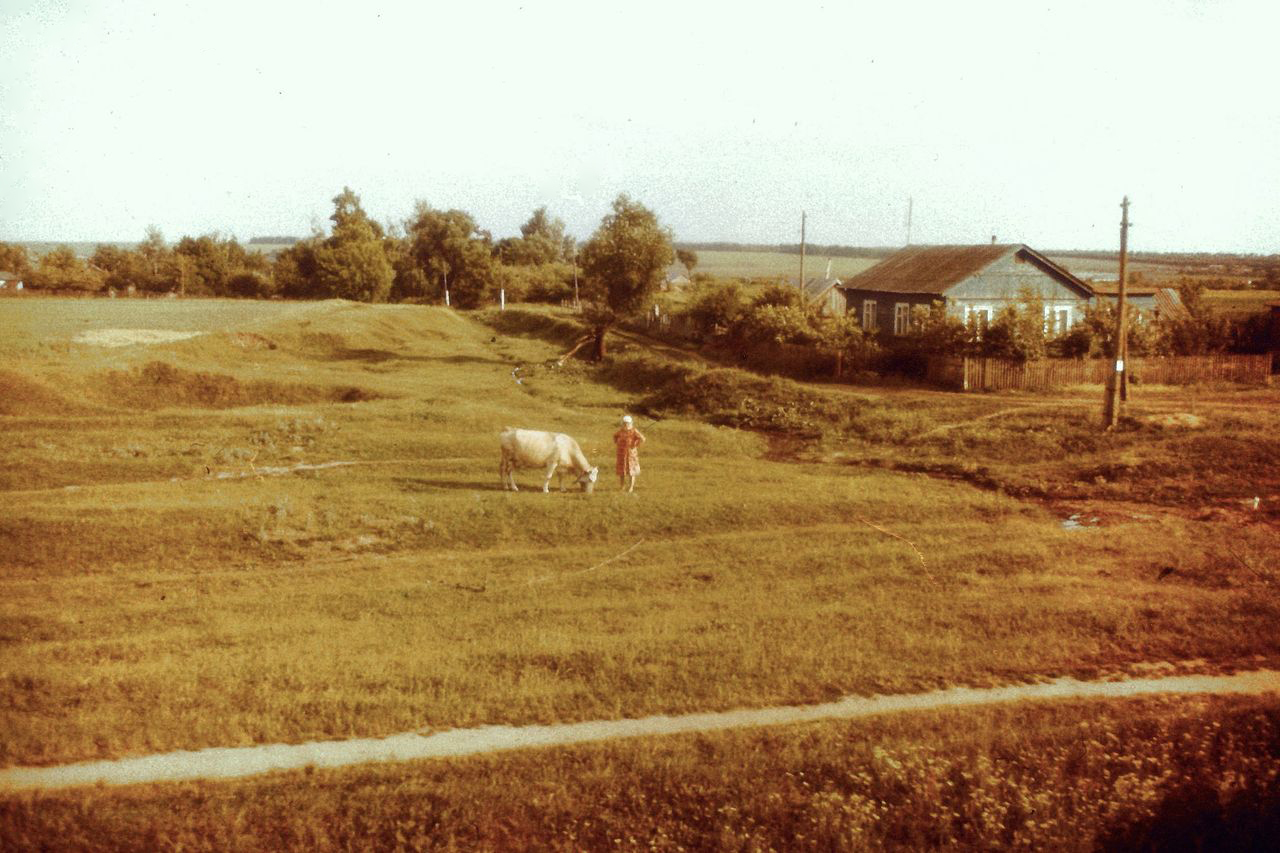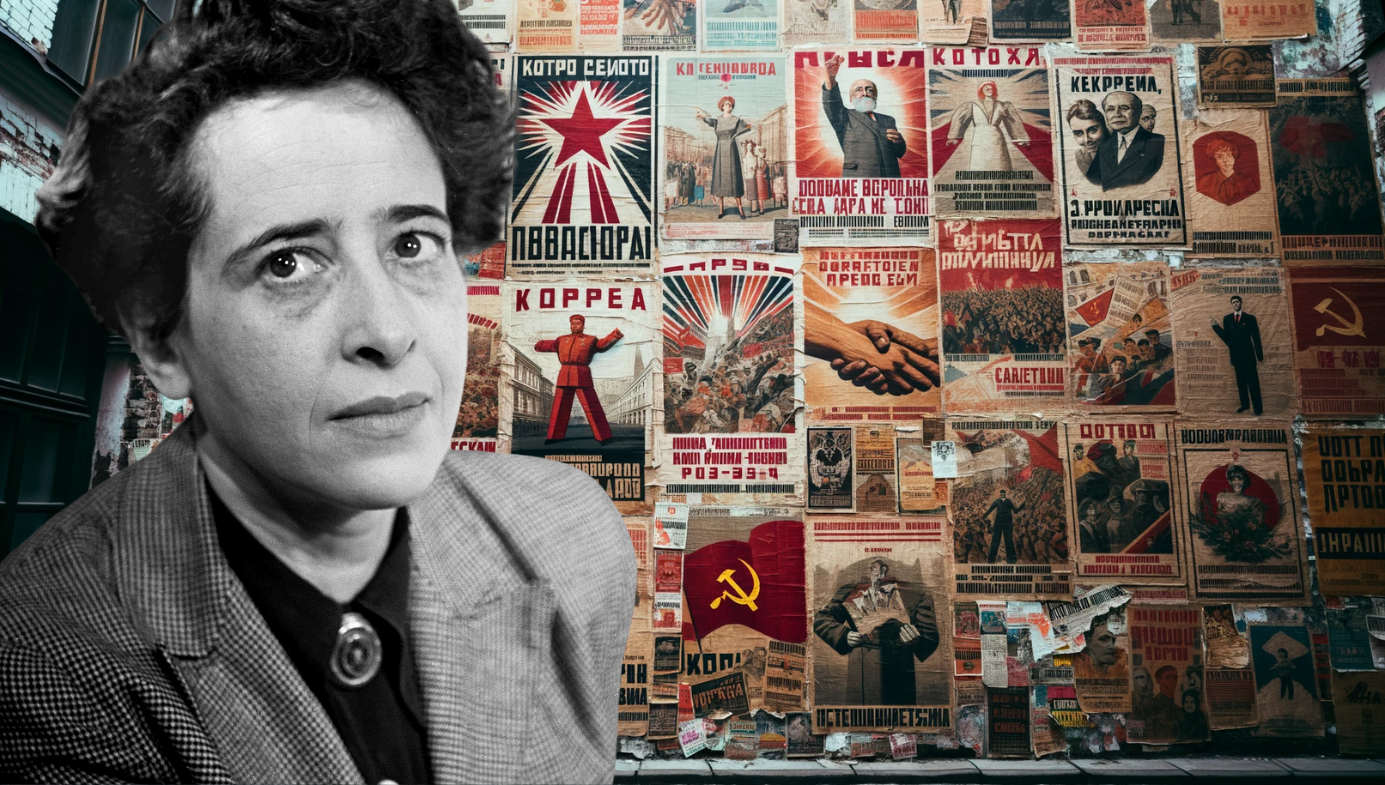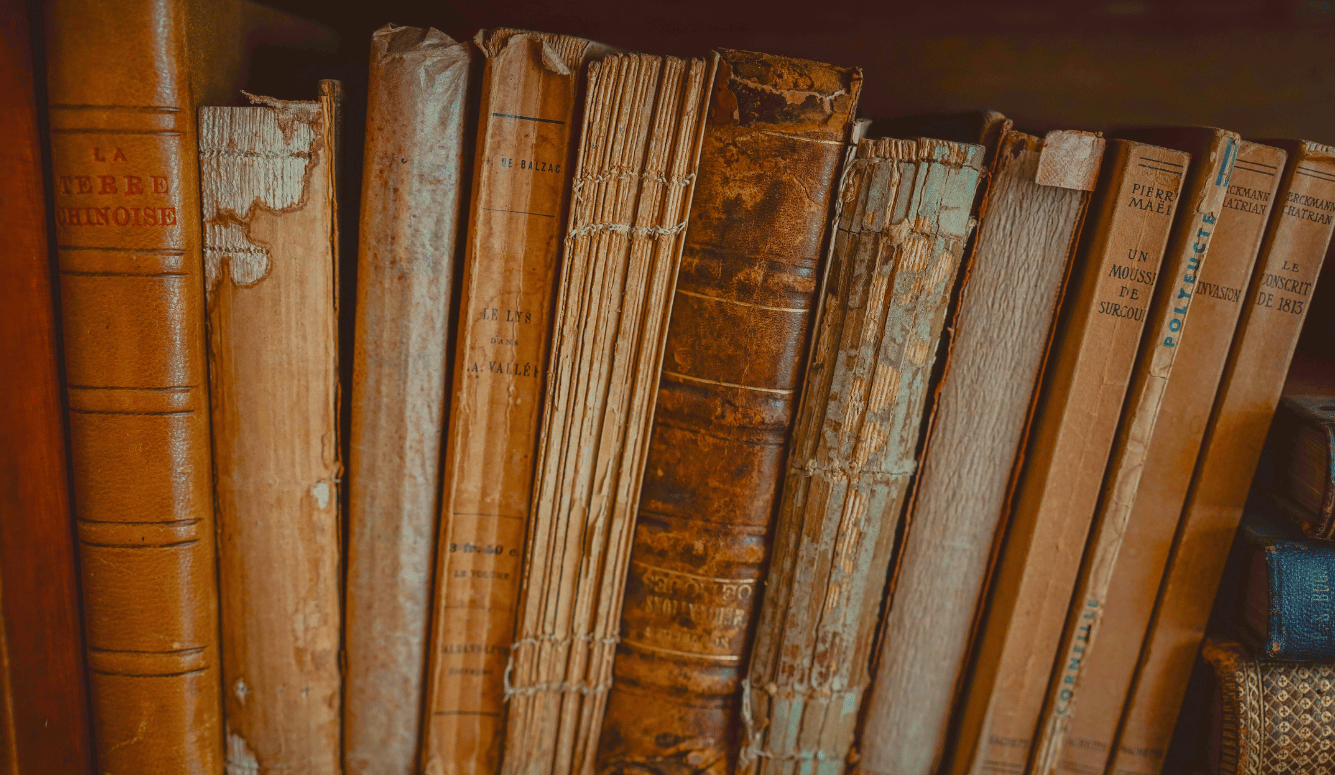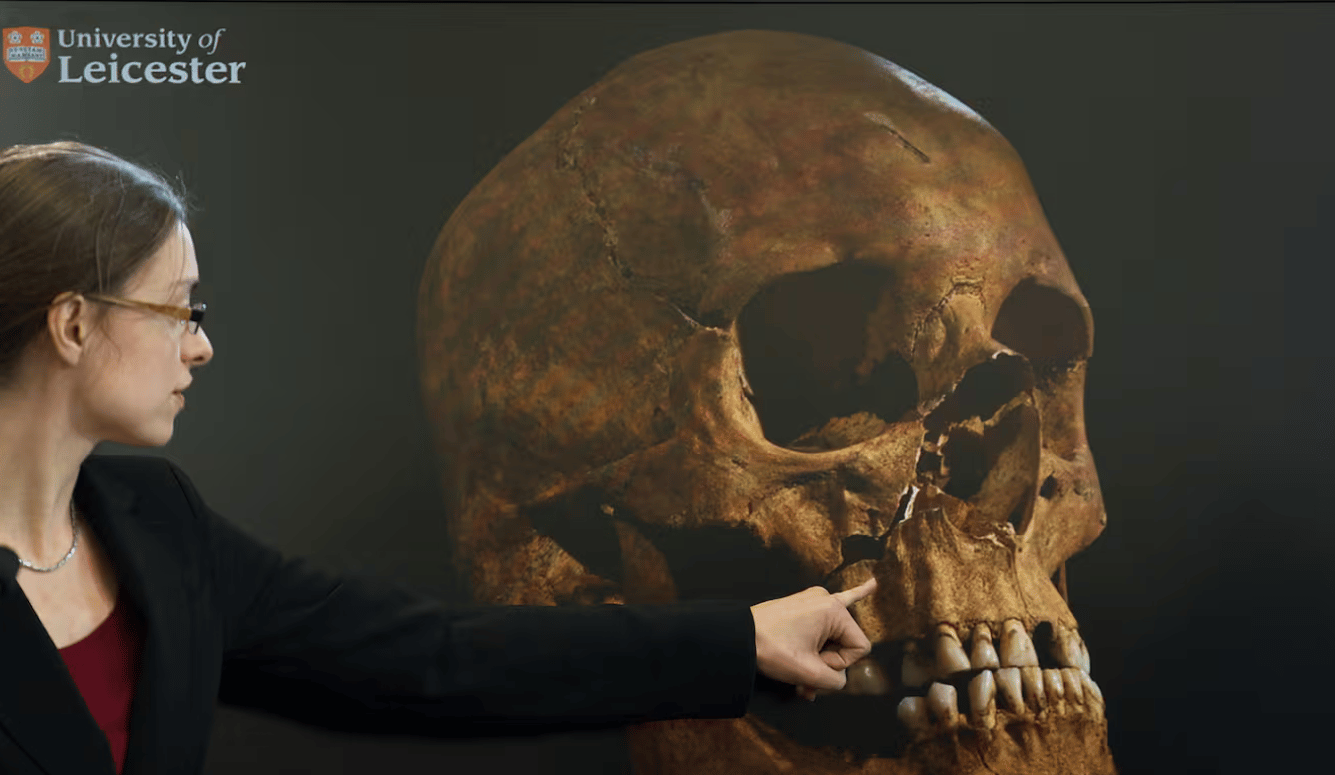Top Stories
Growing Up in a Progressive Utopia
Everyone would be equal in every way and we would all ride our unicorns to the end of the rainbow. Unfortunately, we do not live in that world we live in this one.

I grew up in one of the most progressive societies in the history of humanity. The gap between the rich and poor was tiny compared to the current gulf between the ‘haves’ and the ‘have-nots’ we find across much of the West. Access to education was universal and students were paid to study and offered free accommodation. Healthcare was available to all and free at the point of use. Racial tensions were non-existent, with hundreds of different ethnic groups living side by side in harmony under the mantra of ‘Friendship of the Peoples.’ Women’s equality was at the very heart of Government policy. According to the prevailing ideology “all forms of inequality were to be erased through the abolition of class structures and the shaping of an egalitarian society based on the fair distribution of resources among the people.”
You are probably wondering whether the idyllic nation from which I hail is Sweden or Iceland. It was the Soviet Union. In modern Britain the top 10 percent earn 24 times as much as the bottom 10 percent but in the Soviet Union the wealthy and powerful barely made 4 times as much as those at the bottom. The illiteracy rate in late Soviet times was just 0.3 percent compared to 14 percent of the US adult population who cannot read today. University students were paid an allowance to study and those from working class backgrounds were often given preferential treatment to facilitate better access to higher education. Free accommodation was available for students studying outside their home town.
The Soviet Union was a huge country populated by hundreds of ethnic and religious groups that had been slaughtering each other for centuries. In this shining example of a successful multicultural state, Armenians, Azerbaijanis, Ukrainians, Russians, Tatars, Moldovans, Belarussians, Uzbeks, Chechens, Georgians, Kazakhs, Tajiks, Turkmens, Lithuanians, Estonians, Latvians, and dozens of others all lived side-by-side as friends and neighbours.
The USSR actively promoted women’s equality in order to get more women into the workforce, with some of Vladimir Lenin’s first steps after the 1917 Revolution including simplifying divorce and legalising abortion with the stated goal of “freeing women from the bondage of children and family.” Maternity leave was generous and the state provided ample childcare centres, one of which I myself attended.
Unfortunately, despite these facts and the lofty ideals from which they were derived, the reality of life in the Soviet Union was rather different.
Low levels of wealth and income inequality were achieved by making everyone poor and restricting access to basic goods such as food, domestic appliances, and basic clothing. The ’emancipated’ women of the USSR were denied the evil fruits of misogynistic Western civilisation such as tampons, washing machines, and the ability to feed their children. And while healthcare provision was universal, it was also universally poor and entirely corrupt. Only people with influence, connections, and the ability to pay bribes could actually obtain good treatment.
University places which paid students to study were subject to the same corruption with examiners able to solicit bribes and favours. In exchange for an education, you forfeited the right to a future career of your own choosing—instead, you would be allocated a job by the state system, often in a completely different part of the country.
The temporary lull in ethnic and religious strife was achieved through systematic murder, forced starvation, mass deportation, imprisonment, and ruthless ethnic cleansing by an oppressive police state to keep everyone in check. At least 50 million people were killed or sent to concentration camps to create this ‘peaceful’ society, to say nothing of millions who had their property seized ‘for the benefit of society.’ These enemies of the state included my great-grandparents who met in a Soviet concentration camp for political prisoners. Every morning at their camp, three people would be picked out at random from the general population of the camp and thrown into the icy waters of the lake to freeze and drown in full view of the other prisoners to ‘keep things under control.’ And the moment the regime was no longer able to keep a lid on this volatile melting pot, it exploded into horrific ethnic conflicts, which erupted all over the former Soviet empire and resulted in the deaths of millions of people.
With this background, I am—perhaps understandably—hypersensitive to the emerging far Left in Western politics. I can’t help noticing similarities in the rhetoric about “eradicating inequality,” “smashing the class system,” and a new age of “radical egalitarianism.” And when I do, I shudder.
I shudder because such people no longer appreciate what they have in the West: one of the most prosperous, free, fair, equal, tolerant, peaceful, and open societies not just in the world today but in the entire history of our species. This isn’t an abstract point about the ungrateful youth of today, it’s a reminder of the unforgiving reality that those who don’t realise how good they have it, or take their lives of plenty for granted, are vulnerable to demagogic ideologies that promise to tear it all down to build a ‘better tomorrow’ just as the founders of the Soviet Union did before them.
I shudder because I know that an environment in which anyone who does not hold the correct political views is ostracised can eat away at the heart of what makes Western society a beacon of hope to the rest of the world: the fact that we value free speech and individual autonomy above anything else, including material or practical considerations.

I shudder because the murderous track record of the far Left is no better, and arguably far worse in terms of raw statistics, than that of the far Right. I say “Nazi,” you say “Holocaust,” but “Communist” does not bring to mind the 50 million who perished in my country or the 80 million murder in Maoist China.
In an ideal world, everyone would be equal in every way and we would all ride our unicorns to the end of the rainbow. Unfortunately, we do not live in that world we live in this one. We must deal with reality as we find it not as we wish it to be. And we must bear the cruel lessons of history in mind as we do so.






